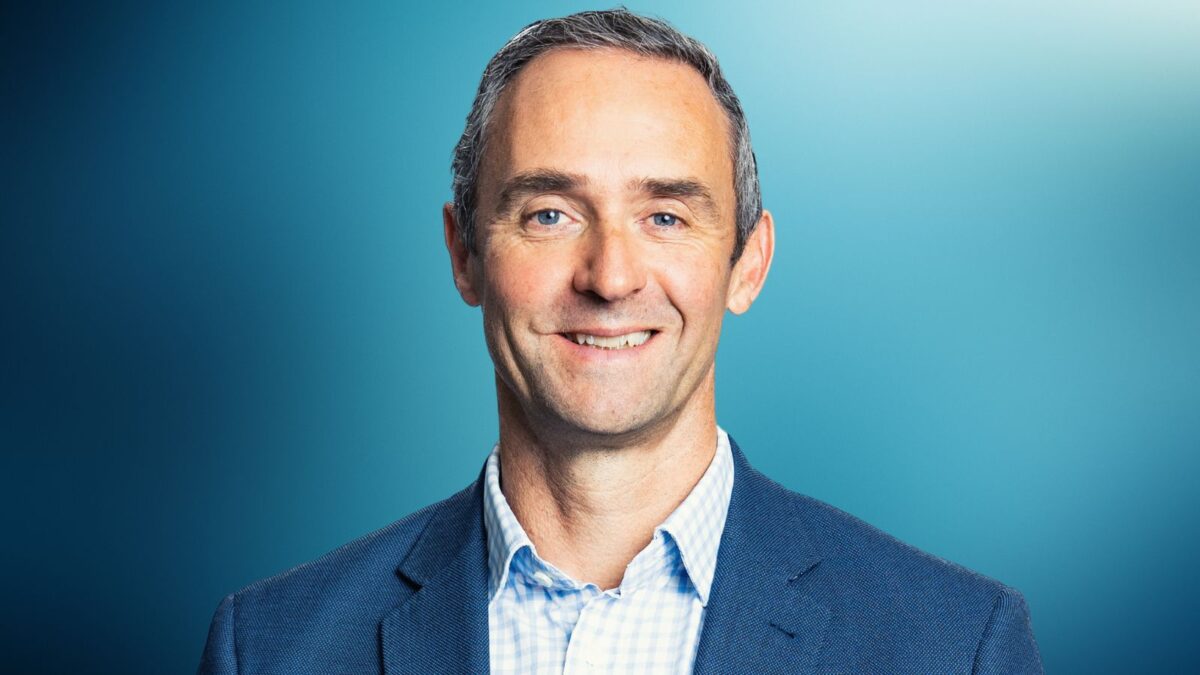‘Room for everybody’ as Rest builds internal global equities capability
The $75 billion Rest sees a host of benefits beyond cost reductions from bringing some of its investment needs in-house, and wants to apply its own stock picking nous to a new internal global equities capability.
“It’s an important next step and it builds on what we’ve already got,” Rest CIO Andrew Lill tells ISN.
Rest has had a markedly different internalisation journey compared to some of its peers. It kickstarted that journey by bringing Superannuation Investment Management, its subsidiary investment arm which managed Australian equities and a host of infrastructure and property assets, into the fund proper. In that sense all of its internal strategies have been built “from scratch”, but its new global strategy will be the first one created since the teams were combined.
Supporting the move into global equities has been the completion of stage one of “Project Leapfrog”, a technology and systems uplift shepherded by specialist wealth management consultancy 1886. Leapfrog saw the existing custody and investment data capabilities provided to Rest by State Street combined with its subsidiary Charles River’s Investment Management Solution, which Lill describes as putting “the three legs of a stool in place”.
But if Rest wants to stock pick (and it does: the global equities capability is billed as involving “active, fundamental stock-picking”) it needs another stock picker. It’s found one in Richard Mercado, formerly a portfolio manager at the Paris-based Comgest. Mercato will return to Australia to spearhead the global equities build-out.
“As our technology systems became clearer to us and as we built our own trade desk internally, the decision became more about whether we could find the right person,” Lill says. “(Richard) has the right mix of a great track record and a process that we think will fit in our portfolio and add value for our members and the right approach for our investment culture. With him wanting to come back to Australia after a number of years overseas it all worked perfectly.”
There’s undoubtedly a cost lens to internalisation, Lill says, but Rest doesn’t internalise purely for cost reasons; the fund thinks that it can beat the benchmark, and that it’s sometimes easier to execute on sustainable investment and stewardship goals when those investments are managed by internal teams.
“We’re sort of looking to do more with the shareholdings in companies that we’ve got, and really focus on things like net zero and advocating for social equality,” Lill says. “With some managers we feel very joined up and very aligned and it works very smoothly. With other managers there’s some areas where we’re not quite so joined up. I wouldn’t say (internal strategies are) de facto better but it’s easier to be joined up and aligned.”
Global equities have been on the wish list for around 12 months and, to some extent, still are; the board investment committee has to agree the capability is institutional grade before they sign off on investments in it, and there’s no definitive date for that to happen. At this point, Lill doesn’t anticipate thinning the current line-up of global equities managers, which includes GQG Partners, Parametric, Cooper Investors and Artisan Partners among others.
“It’ll be sitting alongside our external managers,” Lill says. “We’re in organic growth and have $5 billion of cashflows coming from our members every year; we think by 2026 we’ll be at a $100 billion under management. So I’d say there’s room for everybody.”











